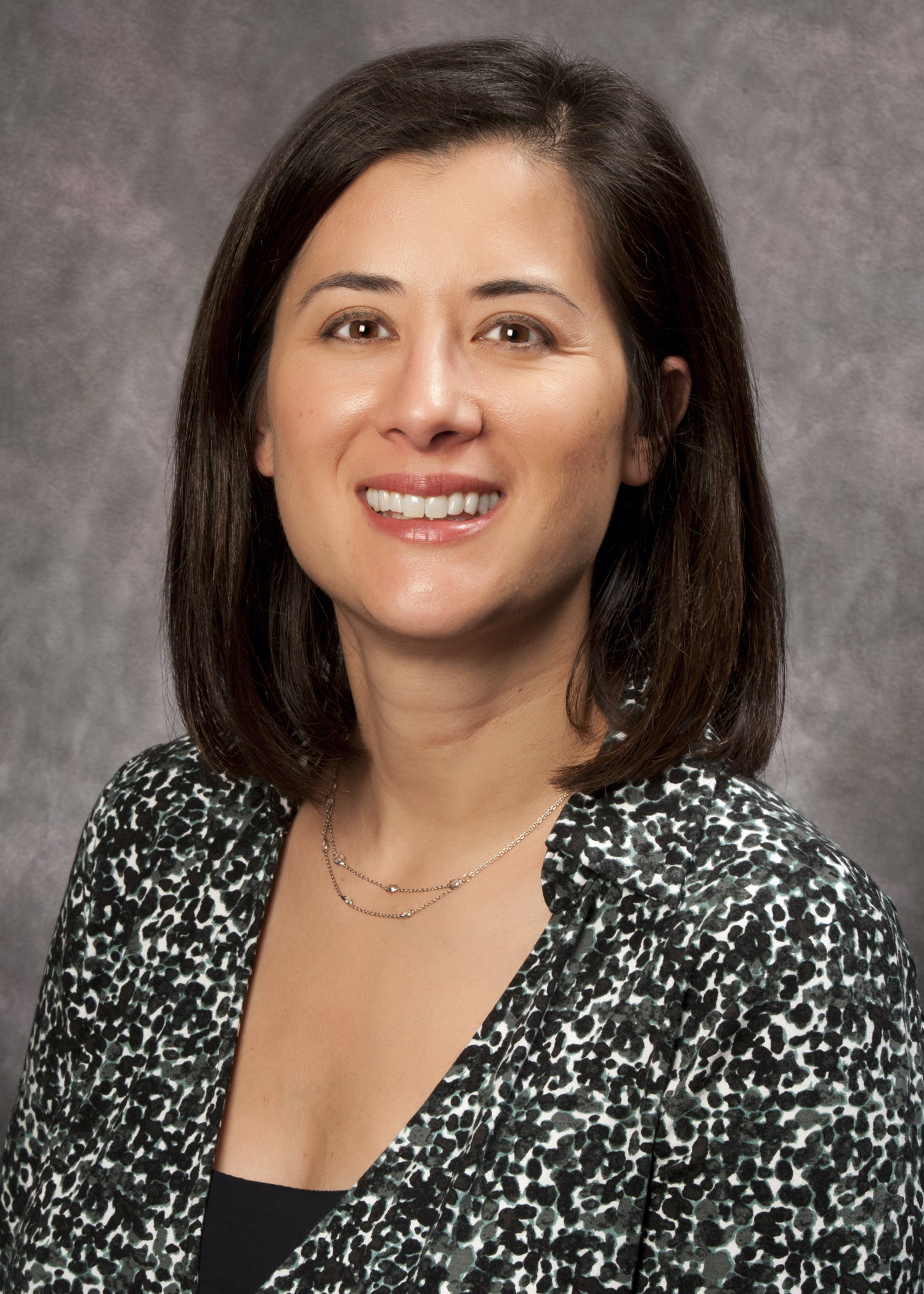Q&A
Dr. Allison King on Sickle Cell Disease and Learning

Excerpts from our conversation with Dr. Allison King, an NIH-funded sickle cell specialist at Washington University in St. Louis.
NIHNiH: People with sickle cell disease—even children—have a higher than normal risk of stroke. What other challenges can sickle cell disease pose to the developing brain?
King: Both overt and silent strokes can harm the brain. But we’ve also realized that there are some children who haven’t had a stroke who also have a lot of trouble in school. Now we know that things like lower oxygen levels in the blood can also be associated with Related to the ability to think, learn, and remember. cognitive challenges. It’s also very stressful on the central nervous system to be chronically A condition caused by low levels of red blood cells or hemoglobin in the blood. It can cause fatigue, dizziness and headaches. anemic. Plus, the Heat, swelling, and redness caused by the body’s protective response to injury or infection. inflammation from the disease can be a challenge to the brain as well.
NIHNiH: How can these things potentially affect children’s education?
King: People with sickle cell disease can have more challenges in the way that they think, learn, and remember. They tend to have weaknesses with fluid cognition. This is how you process and respond to a stimulus. So, how well can you remember things? How fast do you respond to tasks? Can you multitask? Can you remember multi-step commands? Kids with sickle cell disease may remember one step, then get really flustered about what to do next.
NIHNiH: What can schools do to support children with sickle-cell disease?
King: One of the things we’ve been pushing for is to try to make sure that kids have cognitive assessments completed while they’re still in the pediatric medicine setting. With that, there are several things that can happen in the school system. For example, if we find out that kids have delayed processing speed, they can get accommodations in school. So, if they’re taking standardized tests, timed tests, they can get extra time. Or with other cognitive challenges, the way the material is presented can be broken down into simpler steps. Federal law supports that under the Individuals with Disabilities Education Act. And all kids who have sickle cell disease have a right to access those accommodations. Not all families know that. But accommodations can be a game changer. We’ve had a lot of really bright kids who’ve gone on to university, and even law school or medical school.
NIHNiH: Is there still a misconception in schools that kids with sickle cell disease will die young?
King: That is so sad and true. I remember meeting with a high school counselor for one of my teenage patients who was trying to set up a learning plan. And that counselor was well intentioned, but she said, ‘your patient is so sweet, but we know she’s only going to live to 25, so we’ve just been passing her in her classes.’ And I had to say no, no, no, no. The average lifespan may have only been in the mid-20s back in the 1970s, but that’s not true anymore. We need to make this mind shift not only in the field of medicine, but out in the community.
NIH Office of Communications and Public Liaison
Health and Science Publications Branch
Building 31, Room 5B52
Bethesda, MD 20892-2094
Contact Us:
nihnewsinhealth@od.nih.gov
Phone: 301-451-8224
Share Our Materials: Reprint our articles and illustrations in your own publication. Our material is not copyrighted. Please acknowledge NIH News in Health as the source and send us a copy.
For more consumer health news and information, visit health.nih.gov.
For wellness toolkits, visit www.nih.gov/wellnesstoolkits.
